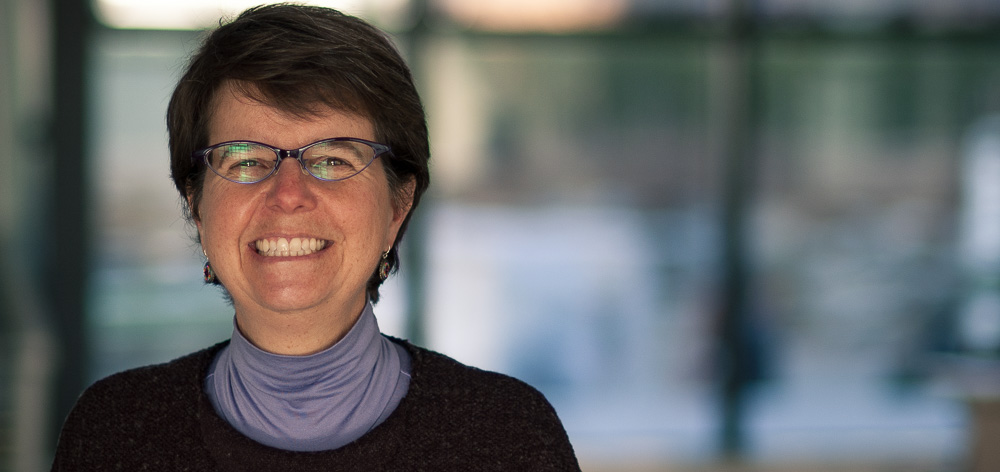Heather Willoughby

One particular genre in the Korean musical tradition is pansori (판소리): a form of storytelling typically performed by a singer and a drummer. Pansori can be traced back to shamanistic practices and was only formalized and given its name in the 18th century, under the Choseon dynasty.
A key element of contemporary renditions of pansori is the expression of han (한/恨) – a sentiment of pain or lament that many consider unique to the Korean national psyche.
In this episode, we had the privilege of interviewing Professor Heather Willoughby, who has extensively researched the spirit of pansori and what she called the “sound of han.” We talked about the origins of this vocal tradition, how one becomes a pansori singer, and of course the relationship between pansori and han.
Heather Willoughby is Associate Professor at the Graduate School of International Studies of EWHA Womans University. She received her Master’s and Doctoral degrees in Ethnomusicology from Columbia University.
Han is a national ethos […] of a nation who has suffered and who has experienced a great deal of pain and suffering, generally at the hands of outsiders. But it’s also a very personal sentiment or emotion: one of great, one of – again – pain, of suffering, of lament […] Some people have said that it’s almost innate in Korean, there’s just this deep sorrow in people’s minds and in their hearts. And that they have to, in some way, try to relieve that han and that’s part of the role of a shaman. But it’s also part of the role of pansori in a way.
The interview was recorded on January 5th in Seoul. The original version was updated and now contains several excerpts from Pansori recordings.
For more about Korean traditional music (Gugak) and its modern-day expression, listen to our interview with Seoul National University Professor Hilary Finchum-Sung.